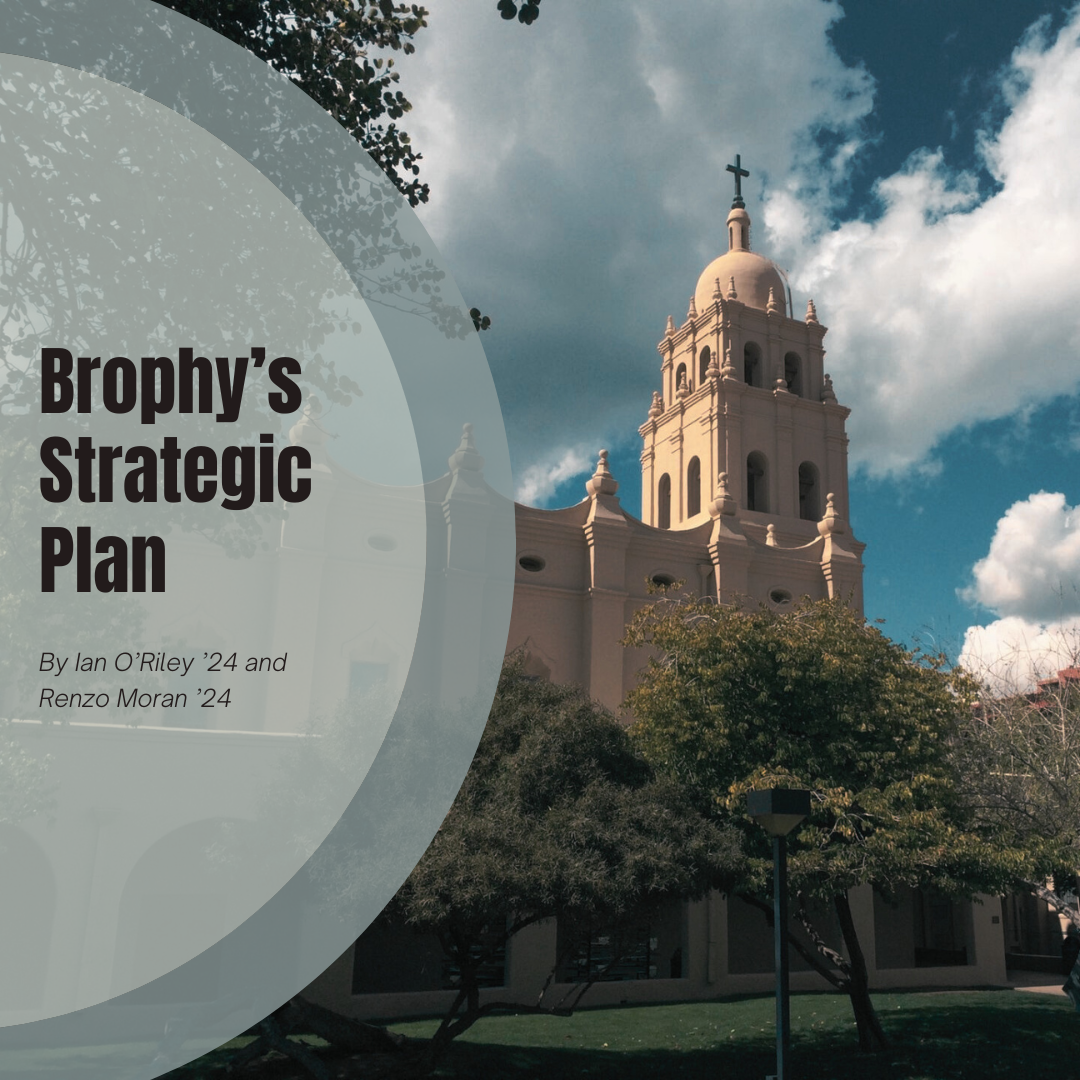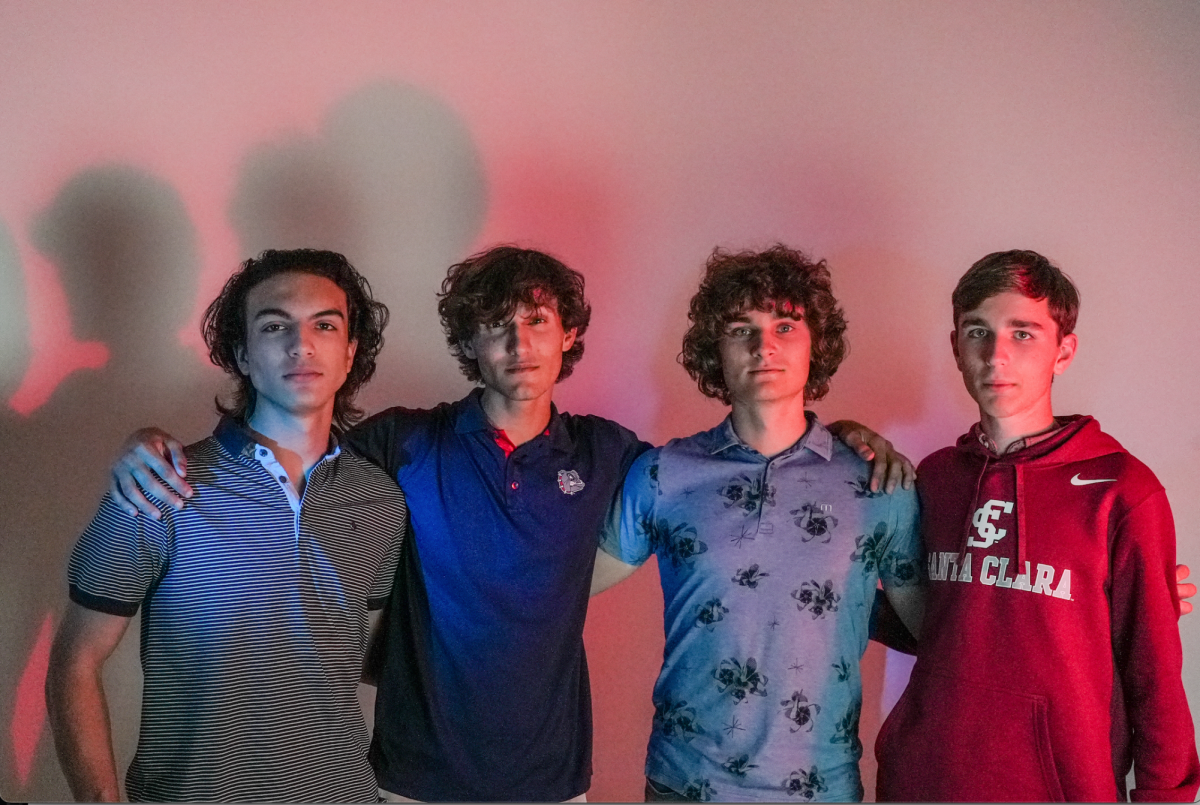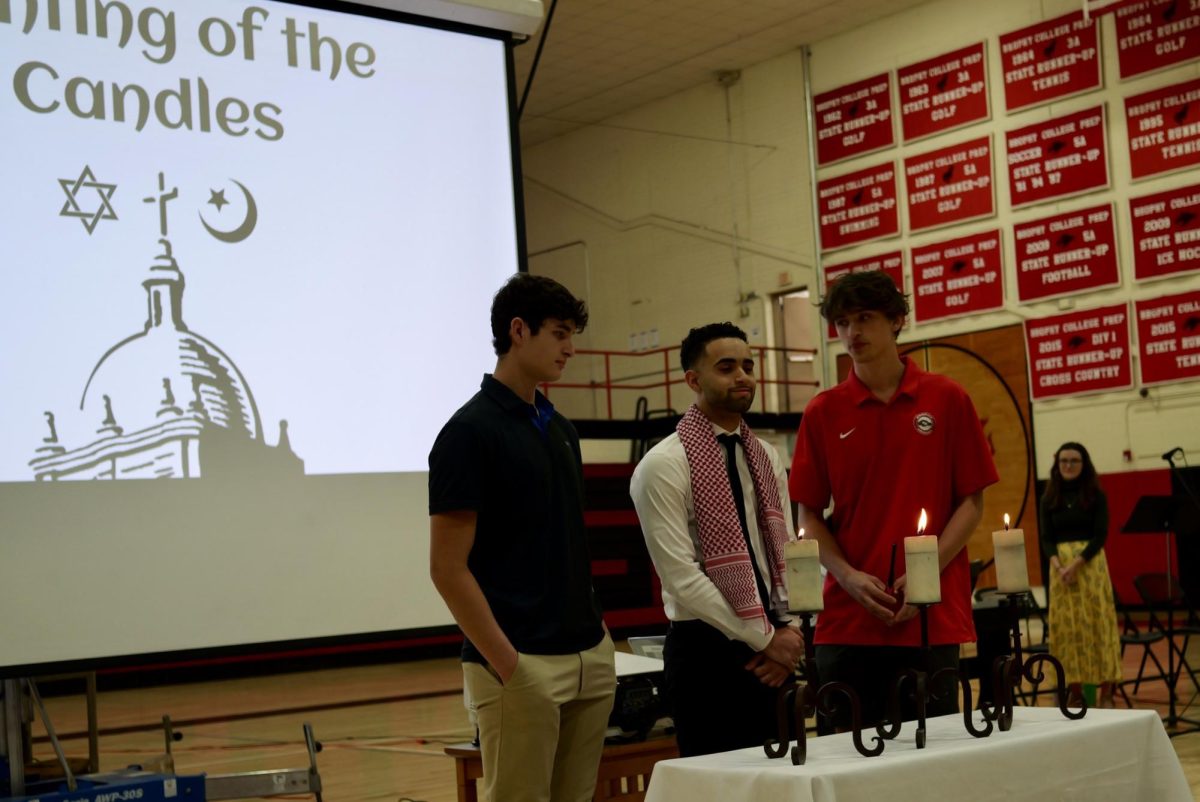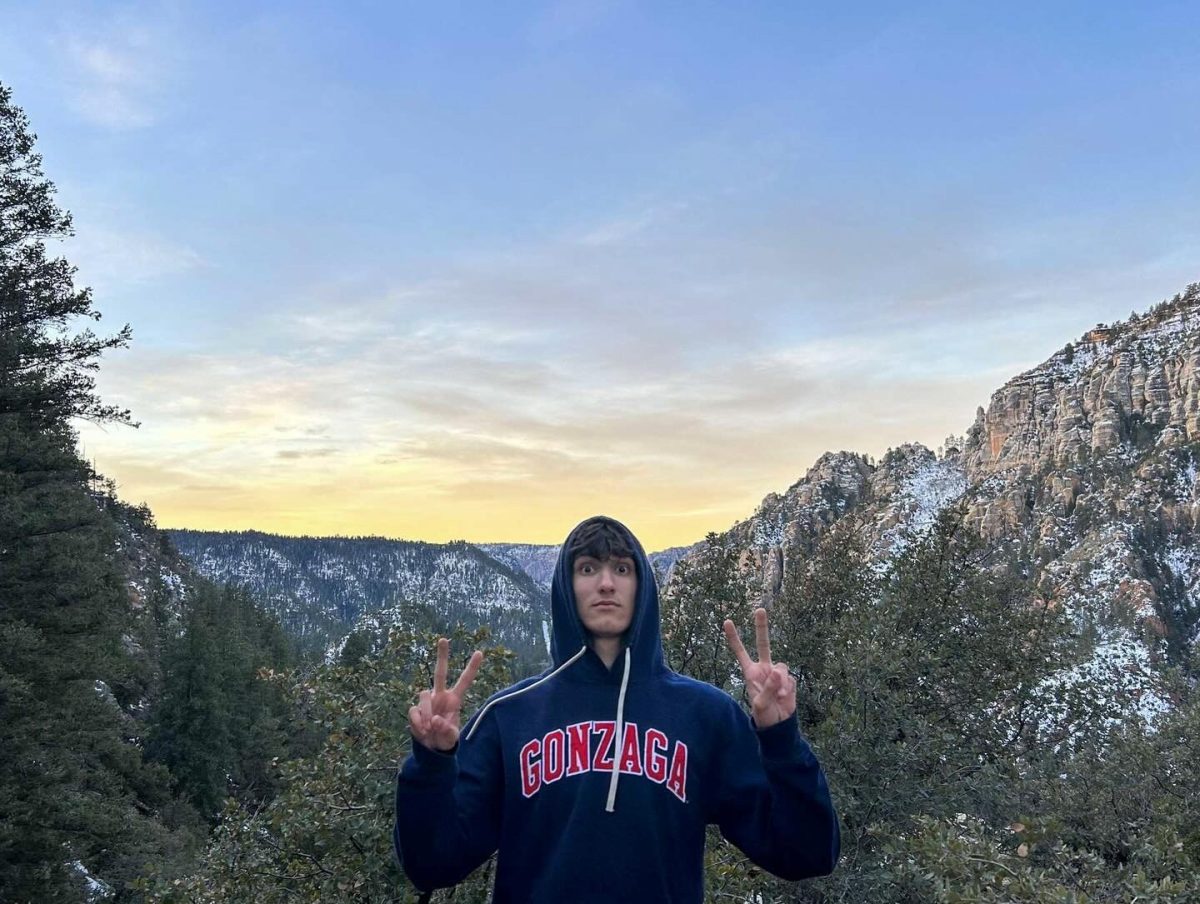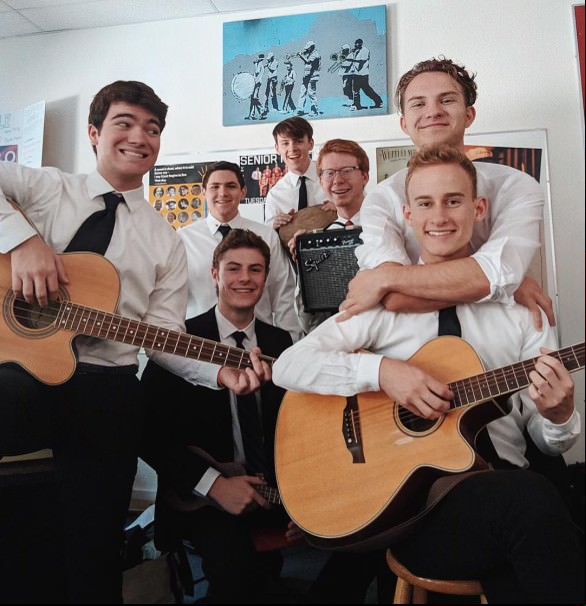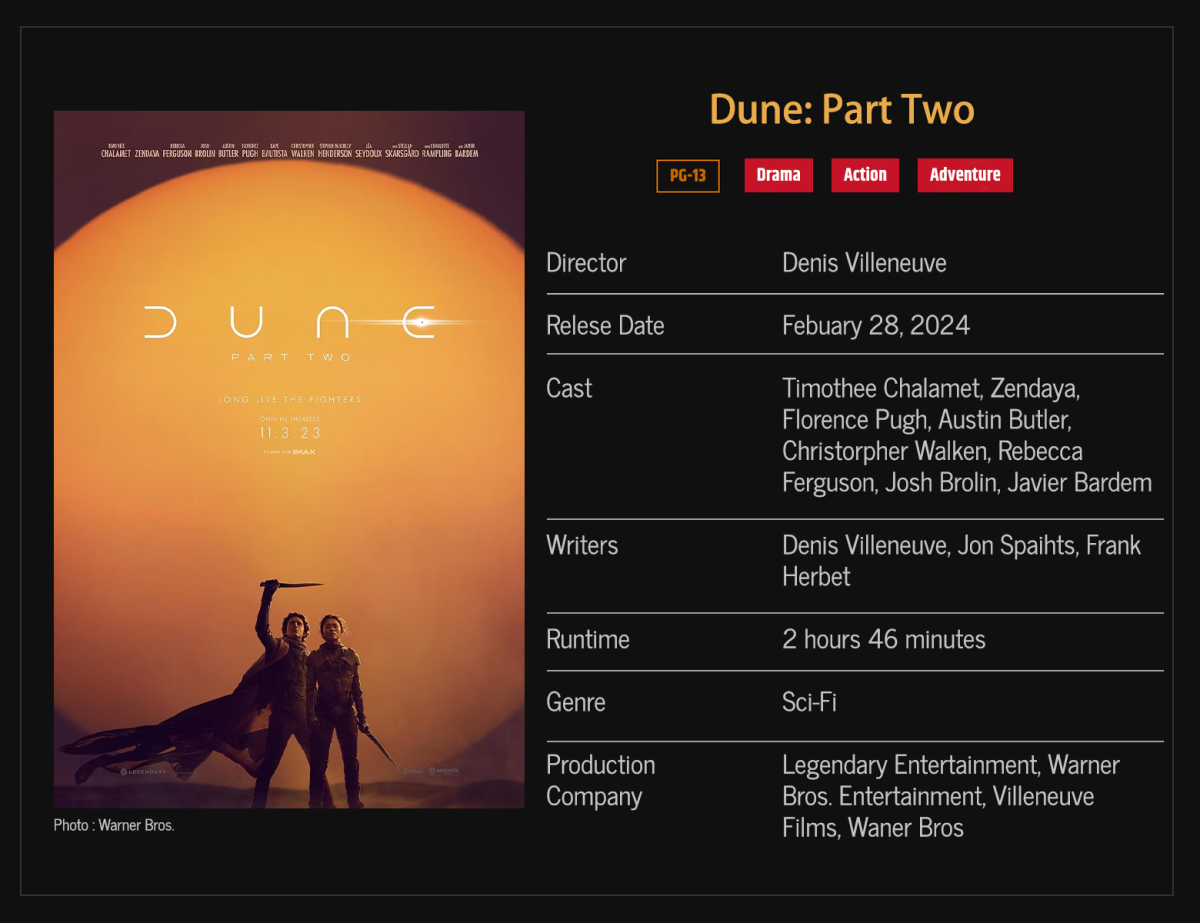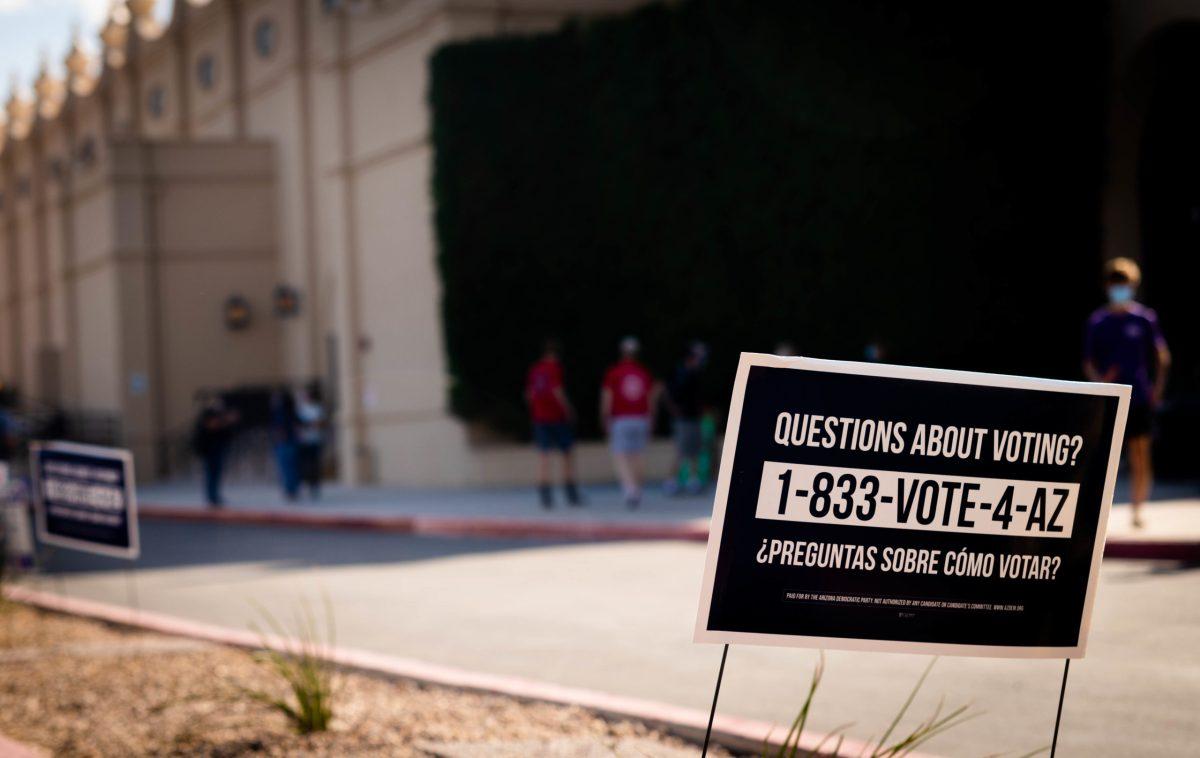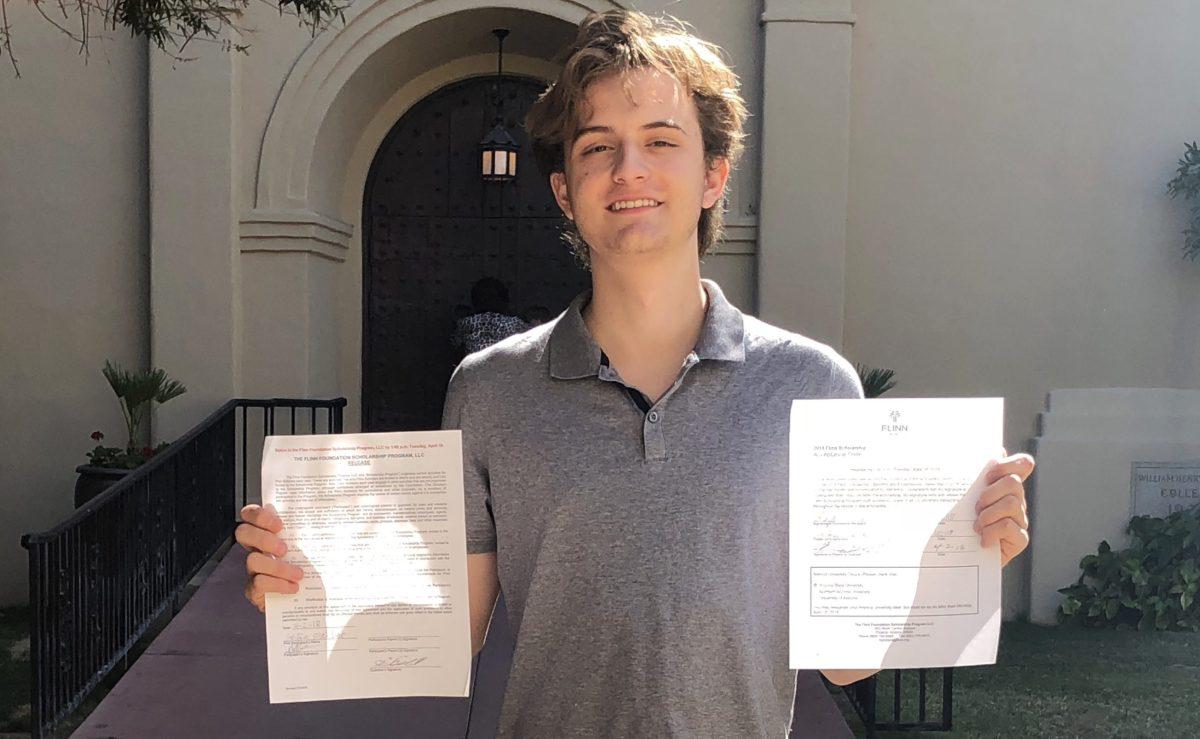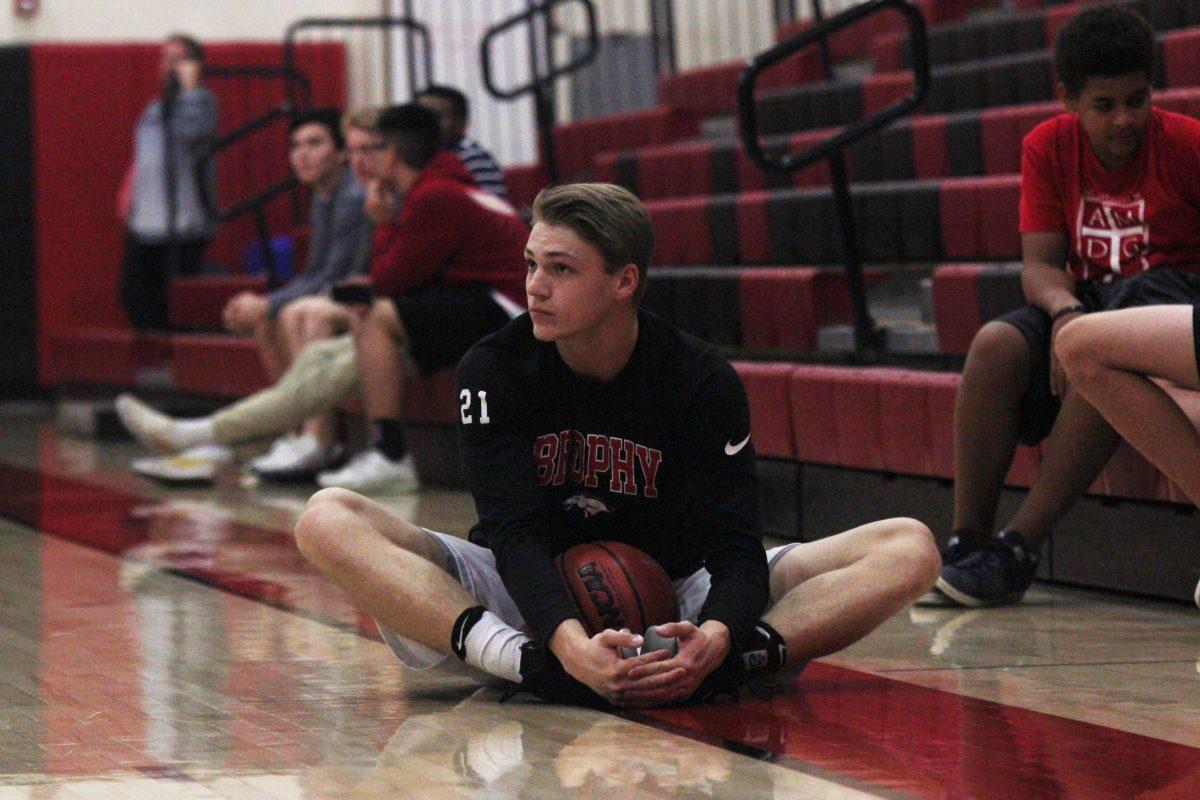Photo courtesy of Tribune News Service | Justin Vernon of Bon Iver performs Aug. 12, 2016 at the Eaux Claires Music Festival.
’22, A Million’ by Bon Iver
7 out of 10
By Anthony Cardellini ’17
THE ROUNDUP
It has been five years since the release of Bon Iver’s Grammy-winning second album “Bon Iver,” and nearly a decade since the intimate, Wisconsin-cabin recorded “For Emma, Forever Ago.”
In that time, frontman Justin Vernon has worked on side projects ranging from songs with James Blake to Kanye West’s “My Beautiful Dark Twisted Fantasy.”
Also during that time Vernon considered ditching Bon Iver, but finally started recording again after he found himself on a Greek island repeating the words “It might be over soon.”
These words open Bon Iver’s third full length album, “22, A Million,” which debuted Sept. 30, according to Pitchfork.
Gone now are the intimate acoustics of “For Emma,” and with them the finger-picking brilliance of songs on “Bon Iver.” Instead, Vernon uses new elements on “22, A Million,” including saxophones and the distorting vocal effects of the Messina, a vocoder invented for the album by Chris Messina, Vernon’s producer.
Gone also are the smooth transitions and similarity between songs found on the first two albums. On the first two tracks of “Bon Iver,” there’s no telling where “Perth” ends and “Minnesota, WI” begins. But between “22 (OVER S∞∞N)” and “10 d E A T h b R E a s T ⊠ ⊠” which open “22, A Million,” the difference couldn’t be clearer.
Still, it is undeniable that “22, A Million” was anticipated by Bon Iver’s two earlier works. Just as the scratchy sound of “For Emma’s” “Blindsided” anticipated the distorting effects of “Bon Iver’s” “Hinnom, TX,” the autotune-laden “Woods” is a clear precursor to the heavily edited “715 – CR∑∑KS” on “22, A Million.”
While Vernon’s use of vocal effects certainly changes, the style of his songs largely remains the same apart from the drum-heavy “10 d E A T h b R E a s T ⊠ ⊠.” This style is characterized by unclear and unorthodox structure, soft but potent instrumentation and Vernon’s signature falsetto voice.
In some songs, this continuation in style comes off very strongly: “29 #Strafford APTS,” “666 ʇ” and “8 (circle)” sound like they could have come off “Bon Iver” if not for a few slight differences in instrumentation, mostly involving the choice of saxophones over guitars.
All these songs work in the same way the songs on “Bon Iver” work: Vernon’s voice and the ambient music surrounding it make for a beautiful listening experience.
Where “22, A Million” is different is on the songs Vernon takes risks on, risks involving previously unused instruments and heavy vocal effects. Each of these songs is very different from the others, and each deserves special consideration.
“22 (OVER S∞∞N)” opens the album magnificently, as Vernon’s voice drifts lightly following what sounds like a young girl’s auto-tuned voice saying “It might be over soon.” The song’s strange lyrics and discontinuous structure culminate in Vernon singing, “within a rise there lies a scission.”
“10 d E A T h b R E a s T ⊠ ⊠” is a roller coaster of a song, starting with heavy drumming and later transitioning into Vernon repeating “love, don’t fight it.” The song lacks a beauty that his other songs have, and fails to use the drums to create the emotional listening experience Vernon is so famous for.
“715 – CR∑∑KS” is perhaps Vernon’s most heavily edited song in terms of vocals. It uses no instruments apart from Vernon’s voice and the effects placed on it, and the result is perhaps even better than Vernon’s most exposed songs.
“33 “GOD”” opens with piano and more auto tuned female voices. The song builds slowly to Vernon finding “God and religion” and achieves a similar beauty to songs on “Bon Iver,” although in a new way.
“21 M◊◊N WATER” begins with 30 seconds of near silence and a sound evocative of 2008’s “Blindsided.” Vernon’s voice sings slowly without overbearing edit, transitioning into 30 seconds of strange, metallic noises contrasted with trumpet blares that eventually transition smoothly to “8 (circle).”
“____45_____” explodes with trumpets halfway through, and acts as a sort of interlude, with Vernon repeating the same lyrics several times.
“00000 Million” ends the album as perhaps one of the best songs Vernon has made. Vernon starts it saying “Must’ve been forces/that took me on these wild courses” and finishes with “Well it harms me, it harms me, it harms me I’ll let it in.”
In addition to stylistic similarity, “22, A Million” is lyrically similar to the songs that preceded it: Vernon invents new words such as “paramind” and strings words together that don’t seem to belong: “So I can dispose this/partial to the bleeding vines.”
Vernon has always been a talented songwriter and that doesn’t change on this album. What makes this unique is the risks he takes.
Most of these risks worked brilliantly, but the work is not without its flaws.



